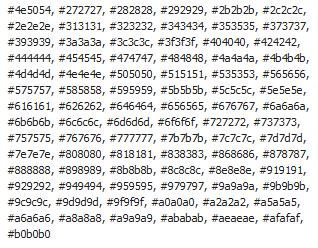We’re European Green Capital, let’s fell some trees
It’s only February and Bristol’s year as European Green Capital is already deeply mired in controversy and hypocrisy.
While the city’s great and good gush praise for an art installation shrouding Pero’s Bridge in fog, ostensibly to draw attention to climate change (how wreathing a bridge heavily used by pedestrians and cyclists does that, I fail to see. Ed.), habitat destruction is happening in parts of the city well removed from rarefied confines in which city elite’s generally move.
Firstly, there’s the destruction of mature trees in Stapleton that’ll be taking place as part of the Metrobus project – a £100 mn. white elephant of a scheme that’ll knock a mere three and a half minutes off the journey time across the city (according to p.85 of Appendix 6 of the Metrobus Planning Statement. Ed.). The trees will be felled as soon as the protesters currently occupying them are finally evicted by the council’s bailiffs.
Allied to the Metrobus project, there’s the South Bristol Link Road project. This will result in a loss of environmental amenity for many south Bristol residents in its path. It was announced today that work on this £44 mn. act of environmental vandalism will start at Easter. Presumably more trees will be felled in the process.
Finally, work has started in the Easton area of the city alongside Easton Way to put in a new cycle facility alongside the dual carriageway. Below is a photograph of the progress of these works to date.

At this point an explanation of what can – and cannot – be seen is advisable.
The works are to provide a new cycle route alongside the dual carriageway.
The digger is sitting atop the remains of a berm originally built to provide a noise barrier to the maisonettes alongside the dual carriageway.
Over the years the berm had become covered with mature London plane trees and scrub, providing some much-needed inner city greenery and a valuable habitat for urban wildlife.
Both the trees and the berm are being removed to provide the above-mentioned cycle facility.
Being a local, I’m surprised the council has not simply adapted the footpath running alongside the foot of the now vanished berm to shared use.
That would have been the simplest and least destructive option.
I can imagine the dialogue down at the Counts Louse City Hall: “What do a few trees and a bit of scrub matter in the inner city? Nobody will notice!” “After all, it is for a cycle facility, so that makes everything all right!”
As this year’s European Green Capital, doesn’t Bristol City Council’s putting the environment at the bottom of its list of priorities positively reek of greenwash?
Answers, if any, below please!







 Besides this, his excrement might have hit spectators behind the goal…
Besides this, his excrement might have hit spectators behind the goal…